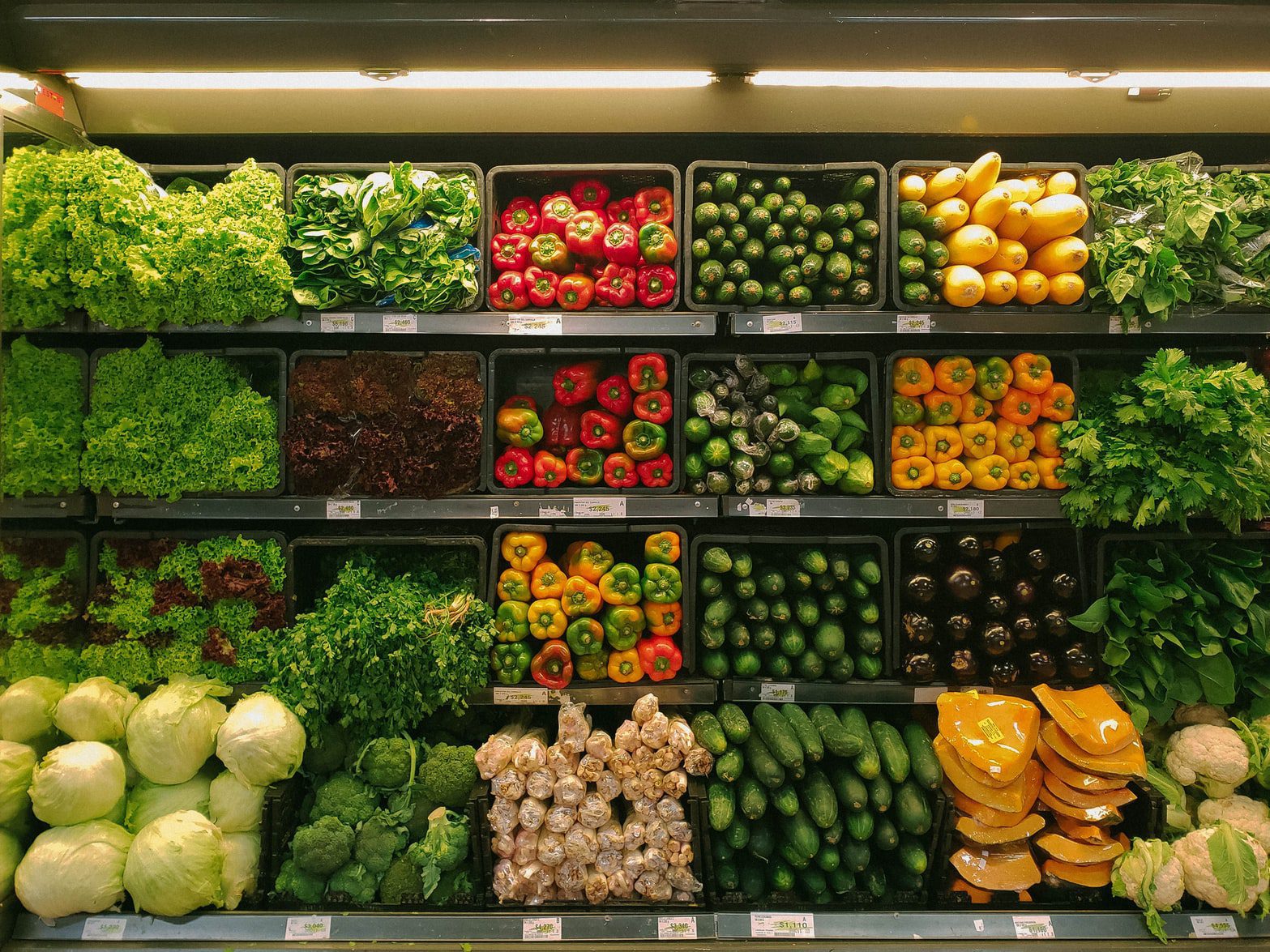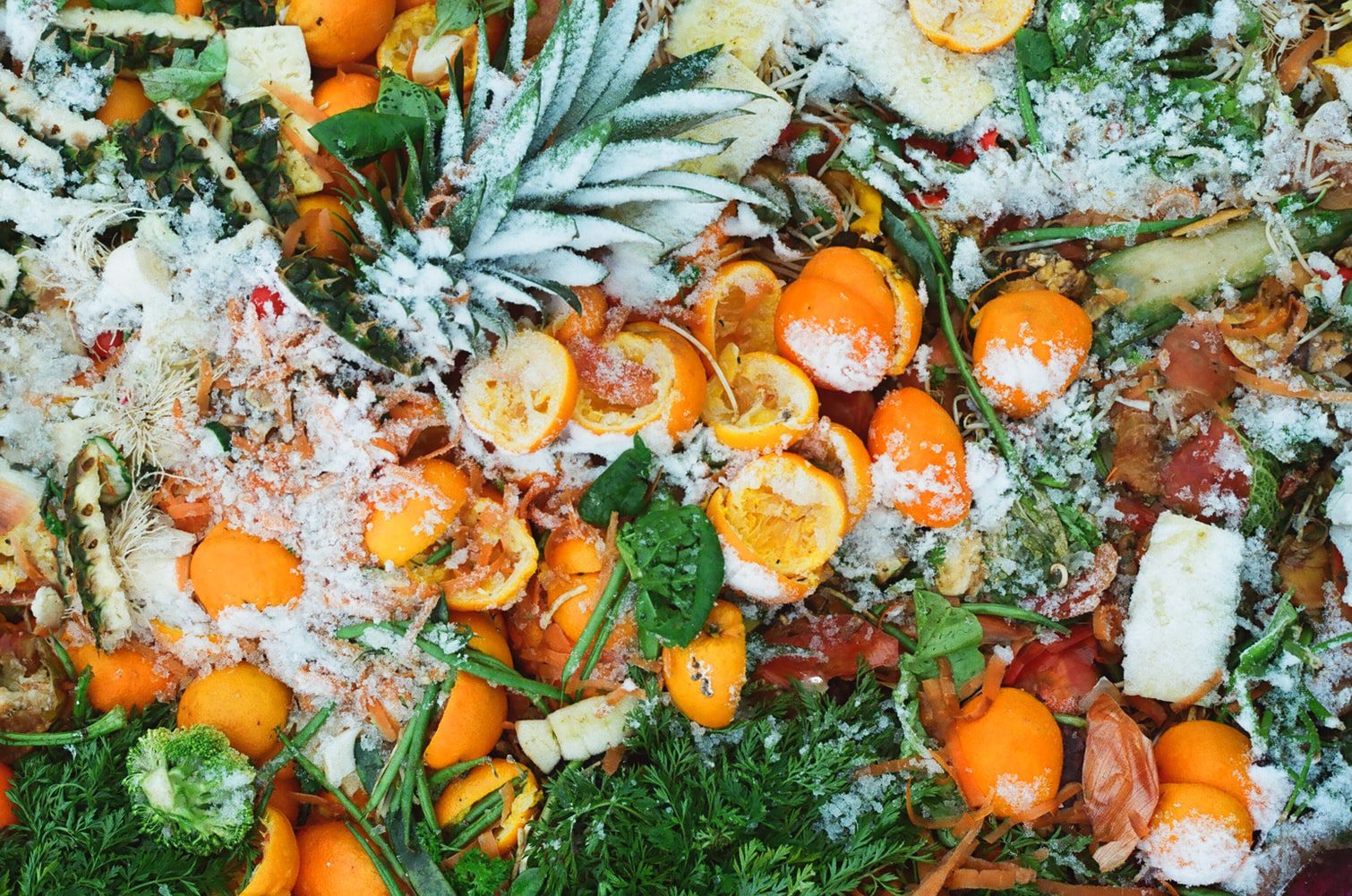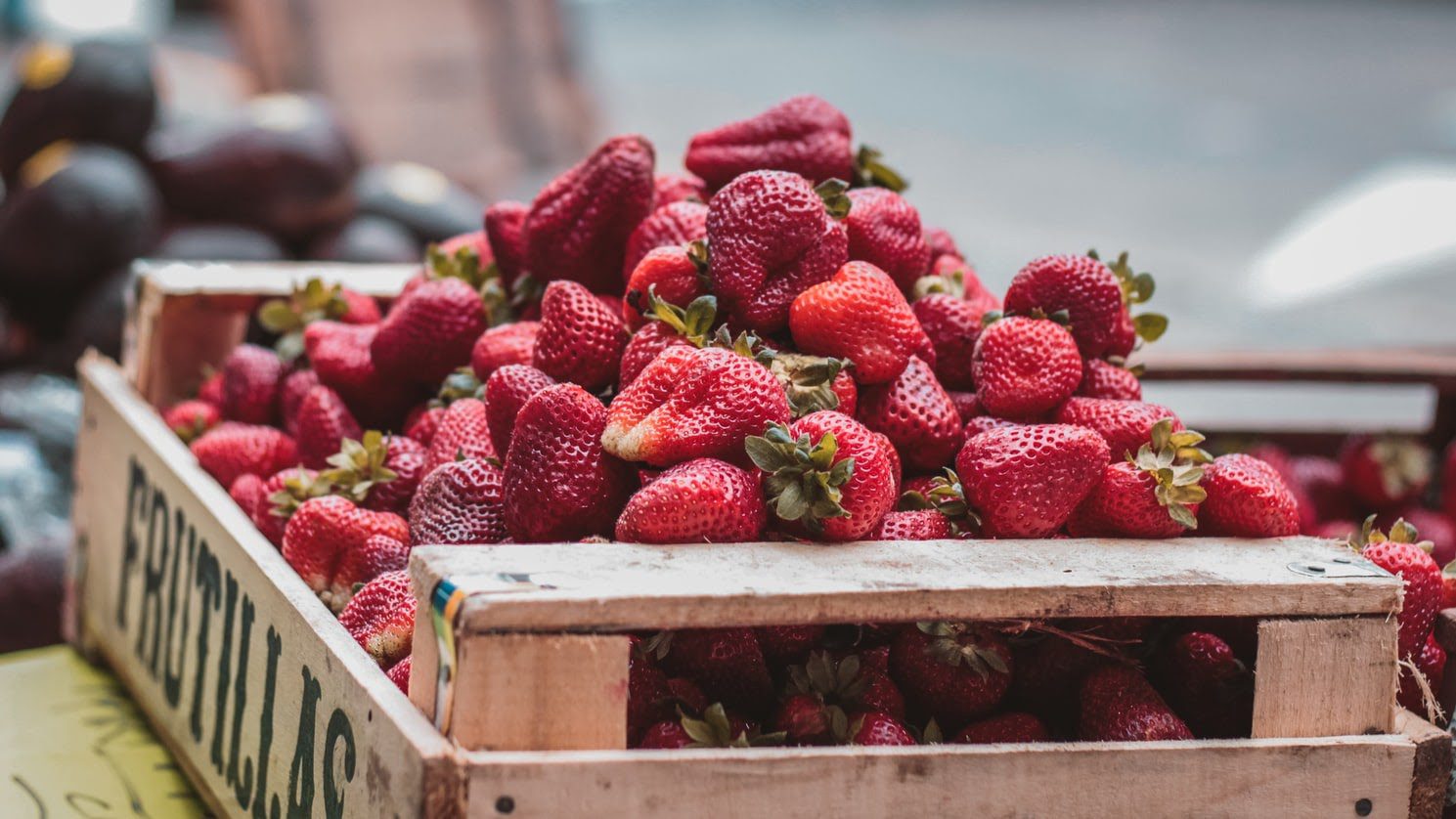What was once a small startup lucky enough to garner a million dollars in seed money has now become an innovator in a burgeoning industry focused on increasing the shelf life of everyone’s favorite fruits and vegetables. Four years later, Hazel Technologies is poised to change the produce industry, one sachet at a time. And with 6.3 billion pounds of produce projected to need preservation by the end of the year, that’s a lot of sachets.
Sachets are what Hazel calls their preservation technology. What makes this such a revolutionary concept is a combination of chemistry and engineering. For fruit to ripen, its microscopic ethylene receptors have to interact with the earth’s atmosphere (air). Scientists discovered that these receptors can be deactivated, which in turn can slow the ripening process.

Hazel has developed the sachet technology specifically to address the problem of receptor regeneration. In the form of packaging inserts (similar to those found in beef jerky packages), these sachets employ a time-release function that slowly coats the produce in 1-MCP inhibitors over time. So, as avocados and other kinds of produce replace their ethylene receptors, Hazel’s sachets work to continuously attack new ones.
The sachet technology is user-friendly, even when compared to other innovators in this swiftly growing industry. “The customer shouldn’t have to interact with the technology,” said Patrick Cortes, who represents Hazel client Mission Produce as its senior director of business development. Cortes noted that the customer should in no way be expected to adapt to having to understand or operate the new technology, comparing it to “pushing water up a hill”. Hazel’s ease of use allows their product to seamlessly integrate into grocery stores that otherwise couldn’t afford to retrain workers in a new method of readying produce for purchase.
In addition to the advantages this technology brings to the produce industry, there are also several ways Hazel and companies like it will be able to help the world build a more sustainable future. One of these is by reducing waste. If a grocery store is unable to sell a quantity of produce over a certain period of time, they are required to simply throw it out, or run the risk of customers getting sick from consuming expired product. With as much as 50 percent of fruits and vegetables being thrown out, technology like Hazel’s should significantly impact the amount of waste that would otherwise end up in landfills.

Landfills full of food waste contribute almost six percent of global greenhouse gas emissions. The pandemic has only compounded this problem, with the issues created by upended supply chains and farmers being left with excess produce.
Of the more than six billion pounds of produce Hazel expects to use its sachets on this year, as much as 500 million pounds of that would have been previously wasted. After the company’s recent $70 million funding injection, one billion pounds is only the beginning. “In the next century, as food demand continues to grow, agricultural resources become more stressed, and climate change accelerates, solving food waste will become critical,” says Jeremy Grantham, Trustee of Grantham Environmental Trust. Grantham is one of the many groups that has invested in Hazel, bringing the total funding raised to $87 million. “We believe Hazel’s technologies will be an integral part of that global solution.”





